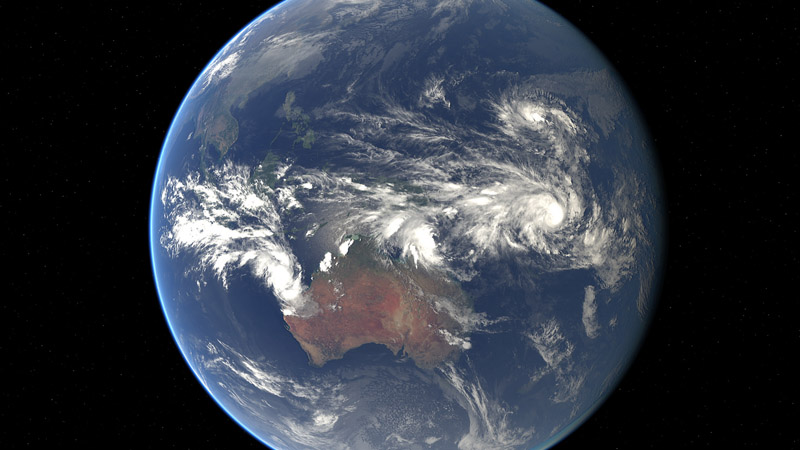In December 2015, the UK’s Met Office was already predicting 2016 would be as warm as, if not warmer than, the unprecedently hot year just passed.
US-based agencies NASA and NOAA were confident of that after a freakishly balmy February. The World Meterological Organization (WMO) said it again in July, after 14 record-breaking months in a row.
Now it’s official: the data is in and 2016 was 1.1C warmer than the pre-industrial average across the planet’s surface. And yes, the world’s top meteorologists agree this is what climate change looks like – with a boost from the El Nino effect.
It is the third record warm year in a row. Of the 17 warmest years on record, 16 have been this century.
2015 and 2016 were the two warmest years for the planet on record pic.twitter.com/386IzcyDrE
— Ed Hawkins (@ed_hawkins) January 18, 2017
Tim Osborn, climate research director at the University of East Anglia, said in a statement: “Multiple lines of independent evidence confirm that the planet has warmed over the last 150 years: warmer oceans, warmer land, warmer lower atmosphere and melting ice.
“This long-term trend is the main cause for the record warmth of 2015 and 2016, surpassing all previous years – even ones with strong El Niño events – in the HadCRUT4 global temperature record.”
And sea ice dwindled to record low levels in both the Arctic and Antarctic, with the north polar region warming twice as fast as the global average.
“The persistent loss of sea ice is driving weather, climate and ocean circulation patterns in other parts of the world. We also have to pay attention to the potential release of methane from melting permafrost,” said Taalas.
Scientists attribute 0.2C of 2016’s extra warmth to El Nino, a weather system characterised by warm water in the western Pacific Ocean.
Now that phase has passed, 2017 is not expected to be another record-breaking year, although it is forecast to be warmer than the long-term average.
Weekly briefing: Sign up for your essential climate politics update
